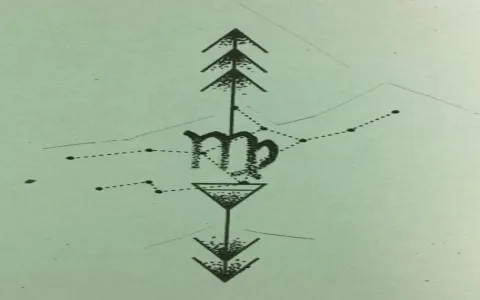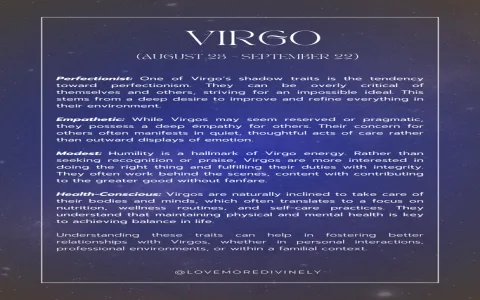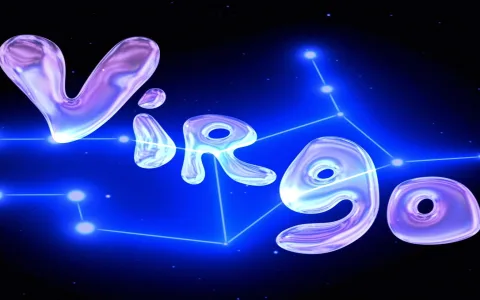Man, let me tell you straight up, I’ve got that deeply ingrained Virgo energy. You know the type: nothing is done until it’s been checked three times, categorized, labeled, and placed in a container that itself is labeled. For years, I just called it being organized, but honestly, it’s mostly just exhausting perfectionism. I always assumed this trait was my personal anchor, constantly slowing me down, making every small task take five times longer than it should.
I decided to finally test this theory: Is this obsessive need for perfection a net negative? I needed a project big enough to really put the trait through its paces—a project where over-planning could easily lead to total failure. I picked the biggest mess in my life: digitizing and reorganizing my entire physical and digital archive, spanning nearly two decades of work, receipts, ideas, and general crap.
Why did I choose this hellish task now? Because I had a near-death experience, digitally speaking. My main external hard drive, the one holding all the irreplaceable logs from 2005 to 2018, started making that awful, clicking noise. That metallic grinding sound that tells you the Grim Reaper is coming for your data. I spent a terrifying 48 hours scrambling to clone the thing onto a new SSD, watching the progress bar crawl, fully convinced I was about to lose everything. When I finally succeeded, dripping sweat and shaking, I vowed right then and there that I would never again operate in such chaos. This perfectionism project was born out of sheer terror.
The Initial Setup: Diving Headfirst into the Weeds
Most people, when they tackle organization, just buy some new folders and start scanning. Not me. My Virgo brain kicked into overdrive. I didn’t just organize; I engineered a system.
I grabbed a huge whiteboard and started drawing flowcharts. I spent the first three days just designing the file naming convention. It couldn’t just be Year_Month_Topic. Oh no. It had to be: YYYYMMDD_ProjectCode_ClientInitial_DocumentType_Version_Notes. I even color-coded the folders on my system based on security level, which was completely unnecessary, but I did it anyway.
This phase was pure, unadulterated analysis paralysis. I committed a full week just researching scanner types and document management software. I wasn’t scanning a single document. I was building the perfect digital cathedral, and because I was so focused on the perfect tools, I didn’t actually start the real work. Friends kept asking me how the big cleanup was going, and I’d snap back, “I’m still optimizing the metadata schemas!” Yeah, real productive.
Here’s where the negativity hit hard:
- The Delay: I wasted ten days finding the absolute “best” way to store something that should have taken two days to just start storing.
- The Scope Creep: I decided since I was organizing files, I might as well redesign the entire networking setup in my house to ensure zero latency during file transfers. I ripped out old Ethernet cables and installed new shielded Cat 7. That was supposed to be a weekend job; it turned into a five-day wiring nightmare.
- The Cost: I bought three different label makers because the first two didn’t have the exact font I decided was “optimal” for archive box labels.
The Pivot: Forced Efficiency and Unexpected Upsides
About three weeks in, I hit a wall. I had beautiful charts, perfect software licenses, and zero actual progress on the scanning of the 50 bankers’ boxes of physical documents I needed to tackle. I was ready to quit and just let the chaos consume me.
Then, something strange happened. Because the planning was so detailed, when I finally forced myself to sit down and scan the first box—Box A, “Tax Docs 2005-2009″—the execution was lightning fast.
I didn’t have to stop to think about where a file went. The folder structure was already built. The naming rule was printed and taped to the wall. I simply followed the ridiculously detailed instructions I had previously written for myself. It turned the highly complex task of digitization into a mindless factory line.
This is where the Virgo perfectionism finally showed its teeth in a good way:
- Error Reduction: Midway through scanning, I noticed a tiny inconsistency in my naming structure for legal documents (I had mixed up ‘LEGAL’ and ‘AGREEMENT’). Because my upfront audit process had been so stringent, I caught the error after just five files, not five hundred. A quick global find-and-replace, and the consistency was preserved.
- Automated Backup: The initial obsessive setup I did on the networking and backup scripting ensured that the moment a document was saved to the primary folder, it was instantly mirrored to the NAS, and then encrypted and uploaded off-site. I didn’t worry about data loss once. The paranoia saved me.
- Future-Proofing: Six weeks later, when I needed to pull a specific receipt from 2007 for an audit, I didn’t search. I typed the exact naming convention string—20071115_P002_J_RECEIPT_V01—and it popped up immediately. The initial suffering of the setup paid dividends in retrieval speed.
So, what’s the truth? Is the perfectionism of a Virgo personality always negative? My practice log tells me no. It’s not negative; it’s just powerful, unruly energy. When undirected, it leads to paralysis, wasted money, and endless delays. I nearly drowned in the planning stage, which was objectively negative.
But when you manage that energy—when you accept that the over-planning phase is necessary to build the perfect scaffolding—the execution phase becomes ridiculously smooth. I finished the entire archive project in half the time I would have if I had started sloppy, simply because I spent the first two weeks planning the perfect system. The perfectionism hurt the start, but it absolutely guaranteed the finish. It’s a marathon runner that insists on calculating the exact trajectory of every tiny pebble on the road before the race begins. Looks crazy at the start line, but they never trip.







